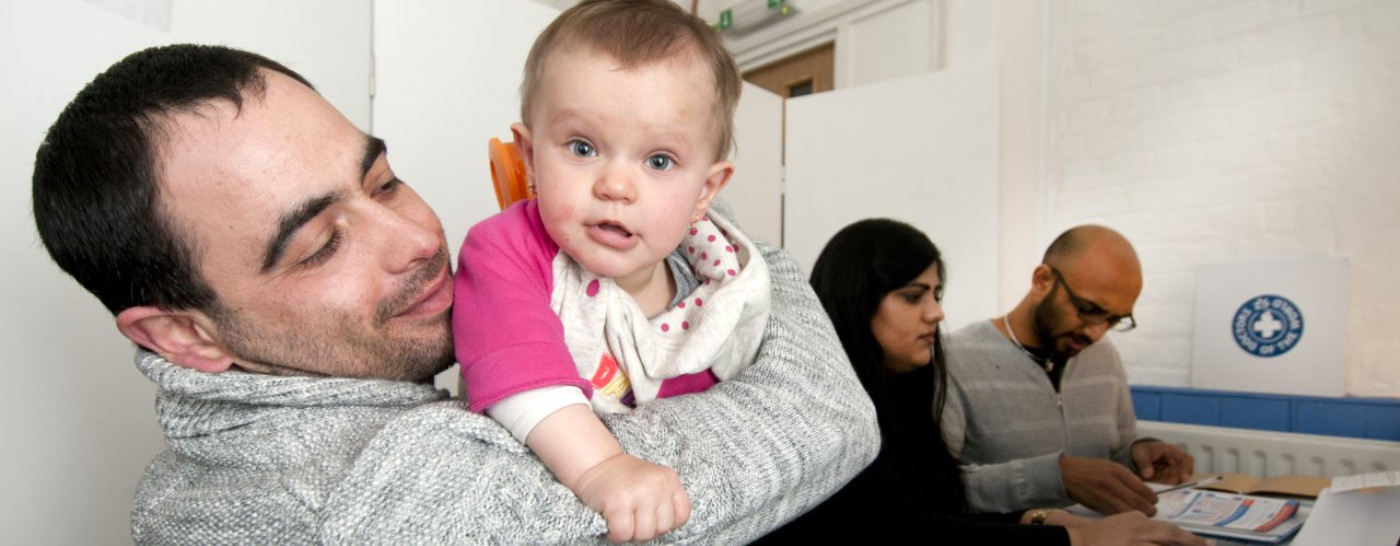We oppose upfront ID checks and charges for vulnerable NHS patients
Published 6th February 2017
The UK government has announced that, from April 2017, there will be new laws to make hospitals carry out upfront ID checks and fees for many migrant patients. The rules apply to people seeking non-urgent hospital treatment, such as hip operations or cataract removals.
Doctors of the World strongly opposes this move – it will deter the most vulnerable people in our society from going to hospital, many doctors are against it, and it is unclear how much money it will save the NHS.
We believe that people who can afford to pay for their healthcare should do so, but hospitals should not have rules that could shut out people in need. Many excluded people in the UK, such as asylum seekers and trafficking survivors, also do not have ID and address documents. This also applies to some British people such as the homeless, the destitute, and the elderly.
“At our clinics, we already see heavily pregnant women, cancer sufferers, and people with ill children who are too scared to see a doctor. Hospitals should be reducing the barriers these people face, not putting up more,” said Leigh Daynes, executive director of Doctors of the World UK.
There are already NHS guidelines that ask hospitals to charge patients living outside the European Economic Area for non-urgent care, but the guidelines are not legally binding.
Many doctors are also against this move. Medics don’t want to turn away ill people or take on extra admin work when NHS staff are already overstretched. Many medics said last year that they would boycott mandatory ID checks for hospital patients.
“Doctors just want to treat the person in front of them. Asking patients to disclose their immigration status straightaway would create a stigma around it – and the last thing I want is for my patients to feel afraid or unwelcome,” said Lucinda Hiam, an NHS doctor who volunteers at one of our clinics in London.
The government has set a target of saving £500m a year by charging visitors to the UK and migrants for some medical treatment. However, the government has still not said whether collecting charges will actually cost the NHS more money, in terms of staff time and admin work, than it saves.
Treating people when their illness is still non-urgent also saves the NHS money down the line – many patients may wait until they need expensive emergency care at A&E. This could all cost hospitals more in the long run than they recoup. “When people aren’t treated quickly and efficiently, it can cause risks to individual health, public health risks – and push up future costs for the NHS,” says Dr Hiam.
The £500m that the government hopes to save each year by charging migrants is a drop in the ocean compared to the £22bn of savings that NHS England is trying to find by 2020.
David Lammy, a Labour MP, tweeted soon after the government’s latest announcement that it was “avoiding an honest conversation” about a dire shortage of funding for the NHS by trying to score “quick wins” on charging migrants.
** If you would like to support our vital work in the UK and around the world, please text “doctor” to 70660 to donate £10 **
